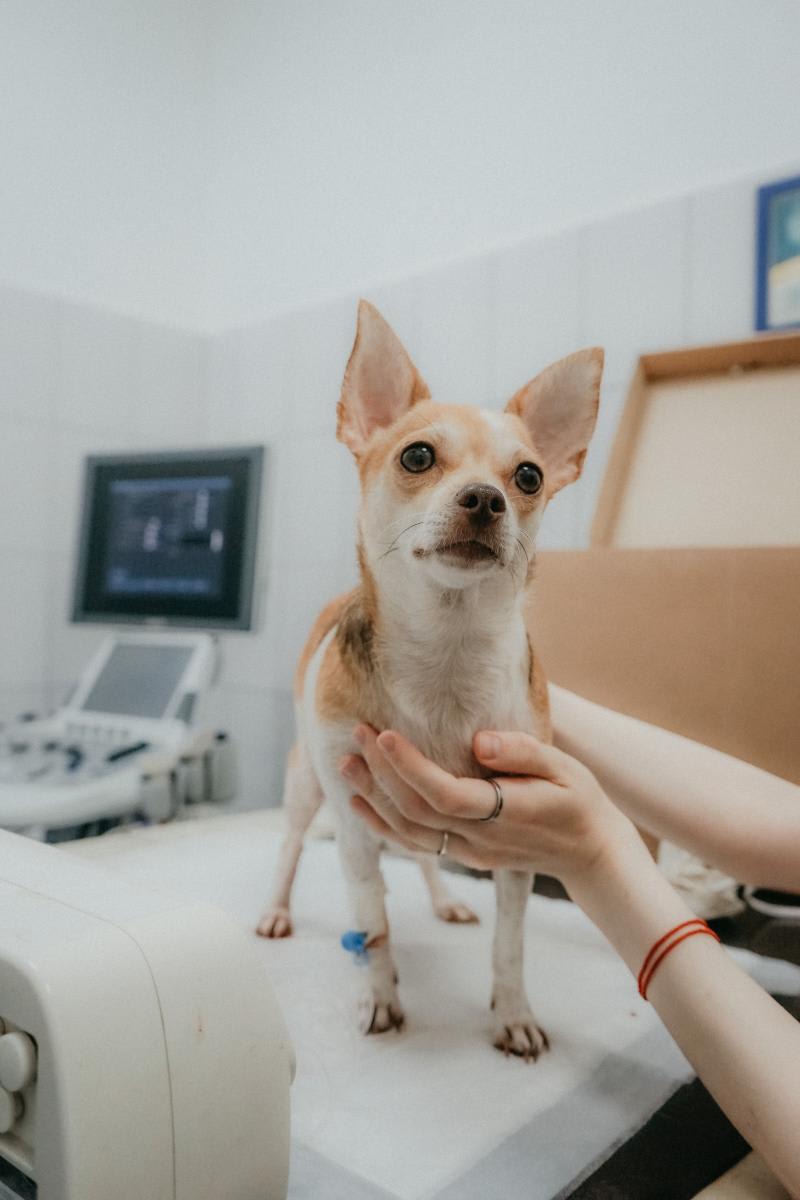All dog owners know about the dreaded kennel cough, a canine illness that’s similar to the common cold for humans. Although this sickness is easily spread among dogs, it’s a common issue that has known preventions and treatments. Keep reading to learn more about this condition and how you can keep your dog safe from it.
What is Kennel Cough?
Kennel cough is a condition brought on by an infection or bacteria that causes a dog’s trachea and bronchi to become inflamed. This condition is highly contagious among dogs so vaccination and separation are key defenses. Kennel cough can be spread through the air as well as through direct contact with the saliva or mucus from a sick dog. Because it spreads so easily, infected dogs must be quarantined away from their litters or kennels.
How to Prevent Kennel Cough

Kennel cough can be prevented by vaccinating your dogs against the illness. This is especially important if your dog spends a lot of time in heavily populated canine spaces such as kennels, doggy daycares, obedience classes, and dog parks.
In addition to vaccinating your dog against kennel cough, only board your dog at reputable kennels that require proof of vaccination. You should also keep your dog from playing with other dogs that are sick or showing signs of illness. Likewise, if you notice symptoms of kennel cough in your dog, quarantine them at home while they recover to prevent the disease from spreading.
Kennel Cough Symptoms
As seen in its name, one of the main symptoms of kennel cough is a dry, honking cough. However, signs of infection can also include the following symptoms:
-
Gagging
-
White foam-like substance from mouth
-
Runny nose
-
Mucus discharge from eyes
-
Decline in energy
-
Decreased appetite
-
Mild fever
Once symptoms are noticed, you should immediately move your dog to a comfortable area that is away from other dogs in your home or kennel.
Kennel Cough Treatment

If your dog begins showing signs of kennel cough, you should take it to a veterinarian as soon as possible for an examination. Usually, vets can diagnose your dog with a simple exam that doesn’t involve extensive testing. Antibiotics and anti-inflammatories may then be prescribed to help your dog recover. Kennel cough cases tend to be mild and generally go away after 2 or 3 weeks. However, it can last 4 to 6 weeks depending on the severity of the infection.
While kennel cough may be described as mild, the fast-spreading nature of the disease requires immediate response to reduce the risk of other dogs getting sick. Additionally, prompt veterinary examination is vital in ruling out any dangerous conditions that share similar symptoms, like distemper and the canine flu. If your dog’s condition doesn’t get better or continues to worsen, see your veterinarian for further evaluation. Making an appointment with your vet is important to prevent your dog’s case of kennel cough from leading to pneumonia, which can be deadly.
Caring for a Dog with Kennel Cough
In addition to prescribed antibiotics, your dog can get relief from a humidifier or 10-minute sessions exposed to steam from a hot shower. That being said, be careful not to overdo steam sessions with flat-faced dog breeds to avoid further breathing problems. Be aware that coughing fits can be triggered in a dog through drinking, having its lower throat touched, or becoming excited. Using a harness instead of a collar can help minimize coughing fits as a harness won’t put pressure on your dog’s throat.
If your dog’s appetite has decreased, you can encourage them to eat by microwaving their food for 5 seconds. This will enhance the smell of your dog’s food, which in turn can increase their appetite. Likewise, mixing some warm chicken broth or water with your dog’s food will have similar effects. With early intervention, separation, and time to rest, your dog will recover from kennel cough in no time.
Want more tips on caring for your dog? Check out Lancaster Puppies’ blog or sign up for monthly newsletters sent straight to your inbox.

